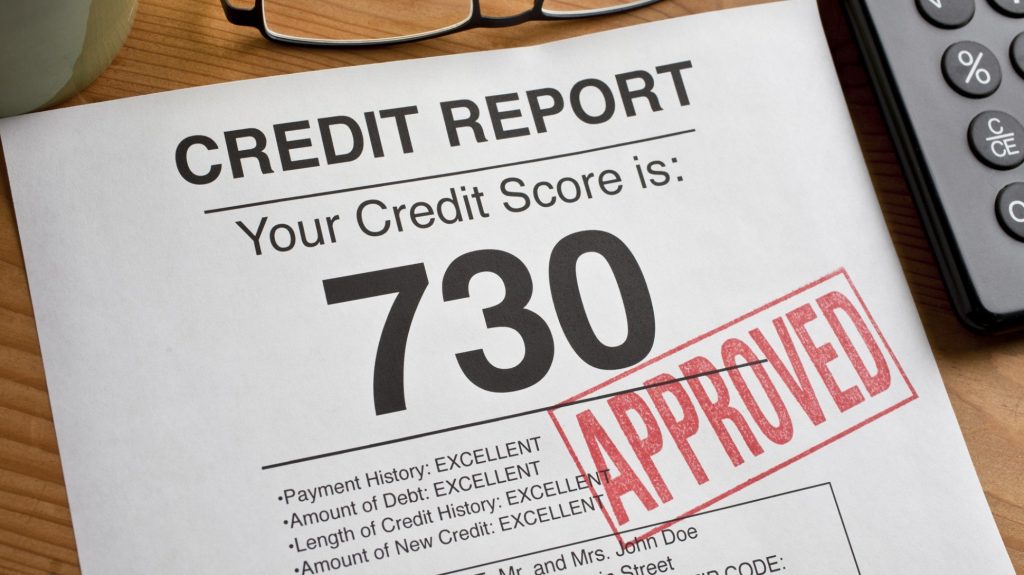[vc_row][vc_column][vc_column_text]
Avoid these 12 mistakes that can wreck your credit at all cost.
- Car rental reservations
If you are planning to rent a car, do not use a debit card to make the reservation, the rental car company may require a credit screening. That can hurt your credit score.
A better option would be to confirm the reservation with your credit card to avoid the credit inquiry and pay the final bill with your debit card when you return the vehicle.
- Past-due rent payments
If you fail to pay your rent on time, your landlord may report your delinquency to the three credit bureaus.
If you’re having difficulty paying the rent, talk with the landlord and work out an alternative payment plan until you get caught up.[/vc_column_text][the_ad_group id=”36″][vc_empty_space][vc_column_text]
- Library delinquency
Make sure to return anything borrowed from the library on time.
Many libraries charge a fee of 25 cents per day for each outstanding item. Once the account reaches $25, an additional fine of $7.95 is tacked on, and the entire account is forwarded to a collection agency.
- Outstanding medical bills
This is one of the most unfortunate mistakes that can wreck your credit. If you’re having trouble paying medical bills, there are some steps you can take to ease the financial burden. However, whatever step you choose to do, make sure you take care of the matter in a timely fashion. Muting the ringer on the phone or sending calls from collectors to voice mail will eventually result in a blemish on your credit report.
- Delinquent tax obligations
If the IRS or the local tax collector send you a bill for unpaid taxes and you fail to respond and work something out, expect your credit score to take a dive.
- Defaulting on recurring bills
If you fail to take care of a bill from a cell phone, utility or other provider of recurring services, expect to be turned over to collections and subsequently reported to the three credit bureaus. Don’t ignore correspondence or fail to settle outstanding obligations.
- Breached gym membership contracts
If you are no longer using your gym membership and are tired of forking over hard-earned cash each month, don’t just walk away. Make sure you close the account properly, or it could cost you in the form of early termination penalties and a damaged credit score.[/vc_column_text][the_ad_group id=”36″][vc_empty_space][vc_column_text]
- Unpaid traffic citations
We are not talking here about tickets issued by law enforcement. We are talking about the tickets issued by parking services at the local university or the downtown parking enforcement. If you ignore these tickets and fail to pay they could show up as a collection in your credit profile.
- Closing credit cards
Closing a credit card account sounds smart, but it can hurt your credit score. Losing a portion of your available credit increases your credit utilization ratio, which accounts for 30 percent of your credit score. An increase in this ratio has a negative effect on your score.
- Too many credit card applications
If you have been managing credit for a short time, don’t open a lot of new accounts too rapidly. New accounts will lower your average account age, which will have a larger effect on your FICO® scores if you don’t have a lot of other credit information. Even if you have used credit for a long time, opening a new account can still lower your FICO scores.
- Inadequate credit mix
If you’re looking to establish or rebuild your credit, it might be necessary to apply for a credit card unless you plan to go another route. (See “7 Ways to Build Your Credit Score Without a Credit Card.”) But opening a single credit card account is likely to have only a modest impact on your score. This is one of the mistakes that can wreck your credit.
- In-house zero-interest financing
Strapped for cash but in desperate need of that new mattress or laptop? It might be tempting to take advantage of zero-interest financing if it’s offered by the seller. But if the credit line is only equal to the total purchase amount, be prepared for a spike in your debt-to-available-credit ratio.
In a nutshell, your credit score will take a hit because 30 percent of your FICO score is calculated by the amount owed to creditors.[/vc_column_text][the_ad_group id=”36″][/vc_column][/vc_row]
